According to a report by the Punch Newspaper, a total of 18 Africans are among the 135 cardinals eligible to elect the next Pope.
While there are 252 cardinals in total, only 135 hold voting status and are eligible to cast their votes when the conclave begins. Europe has the highest number of voting cardinals, totaling 53, followed by Asia with 23, Africa with 18, South America with 17, and North America with 16. Oceania and Central America have the lowest representation, each with four electors.
The African cardinal electors include Fridolin Besungu (DR Congo), Ignace Dogbo (Ivory Coast), Stephen Brislin (South Africa), Arlindo Furtado (Cape Verde), Antoine Kambanda (Rwanda), and Jean-Pierre Kutwa (Ivory Coast). Others are John Njue (Kenya), Dieudonné Nzapalainga (Central African Republic), Peter Okpaleke (Nigeria), Nakellentuba Ouedraogo (Burkina Faso), Protase Rugambwa (Tanzania), Robert Sarah (Guinea), and Berhaneyesus Souraphiel (Ethiopia). The list also includes Désiré Tsarahazana (Madagascar), Peter Turkson (Ghana), Jean-Paul Vesco (Algeria), Cristóbal Romero (Morocco), and Stephen Mulla (South Sudan).
Interestingly, 108 of the electors were appointed by Pope Francis, 22 by his predecessor, Pope Benedict, and five by Pope John Paul II.
All cardinals under the age of 80 can participate in the secret ballot during the conclave. A majority of at least two-thirds plus one is required to elect the new pope, which may necessitate several rounds of voting over multiple days.
The leading candidates considered to succeed Pope Francis include Peter Erdo (Hungary), Matteo Zuppi (Italy), Robert Sarah (Guinea), Luis Tagle (Philippines), Malcolm Ranjith (Sri Lanka), Pietro Parolin (Italy), Pierbattista Pizzaballa (Jerusalem), Fridolin Besungu (Congo), Willem Eijk (Netherlands), Anders Arborelius (Sweden), Charles Bo (Myanmar), and Jean-Marc Aveline (France).
In the wake of Pope Francis’s death on Easter Monday, more cardinals have arrived at the Vatican. Approximately 60 cardinals gathered at the Synod Hall for the first congregation of the College of Cardinals on Tuesday morning, led by the Camerlengo of the Roman Catholic Church, Cardinal Kevin Farrell. During this general congregation, they confirmed Saturday as the date for the late Pope’s funeral.
A second general congregation is scheduled for Wednesday afternoon, following a ceremonial transfer of the Pope’s body to the Basilica, where he will lie in state.
Currently, the general congregation is focused on discussing the Pope’s funeral, but it will soon transition to pre-conclave preparatory meetings leading up to the conclave itself. In the coming days, the cardinals will determine the start date for the conclave and discuss various matters, including the current needs of the Church, the state of the Curia and its work, and improving the Curia’s and the Church’s relationship with the world.
Cardinals will swear to maintain strict secrecy regarding all matters related to the election of the Roman Pontiff during the vacancy of the Pope’s seat. They will collectively take an oath that includes a promise to observe the highest fidelity and secrecy concerning everything related to the election. This oath also states: “We promise and swear not to break this secret in any way, either during or after the election of the new Pontiff, unless explicit authorization is granted by the same Pontiff; and never to lend support or favor to any interference, opposition, or any other form of intervention that secular authorities of any order and degree or any group of people or individuals might wish to exert in the election of the Roman Pontiff.”
Each cardinal-elector must refrain from all contact with the outside world during the election, avoiding shared messages, newspapers, radio, and television.
Typically, the first vote is ceremonial, honoring distinguished members of the College who are not considered electable as pope. Following this, voting is scheduled for two sessions a day, with two rounds of voting per session (four rounds total per day).
The cardinals will select three fellow cardinals to count the votes, three others to verify the counts, and, if necessary, three to collect ballots from those unable to walk to the high altar due to infirmity.
Each cardinal writes the name of their chosen candidate on a ballot and approaches the high altar. There, in front of Michelangelo’s painting of the Last Judgment, the cardinal states, “I call as my witness Christ the Lord, who will be my judge, that my vote is given to the one whom I think should be elected before God.” The cardinal then places the ballot into the designated receptacle, bows to the altar, and returns to their place.
Once the ballots are collected, they are mixed and counted aloud. If the number of ballots does not match the number of electors, the ballots are burned. If the count is accurate, the ballots are removed one by one, noted by two cardinals, and announced clearly by a third cardinal.
To be validly elected pope, a candidate must receive two-thirds of the votes. After each vote, the ballots are burned, with the smoke from the chimney above the Sistine Chapel indicating the outcome: black smoke if the vote is inconclusive, and white smoke if a new successor of Peter has been elected.
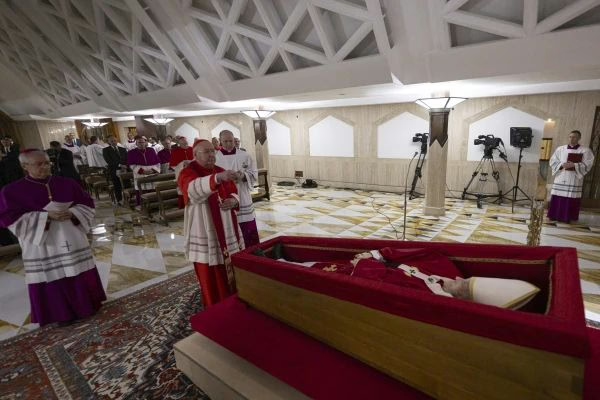
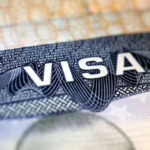



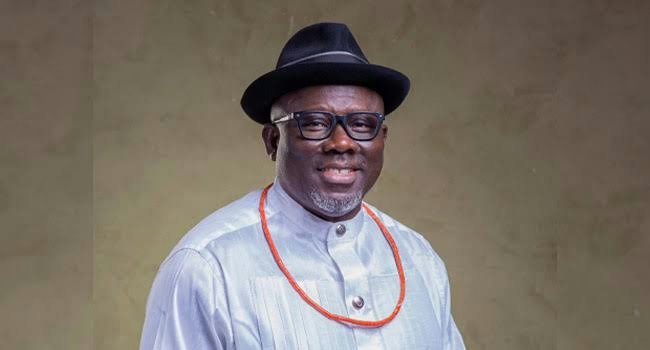
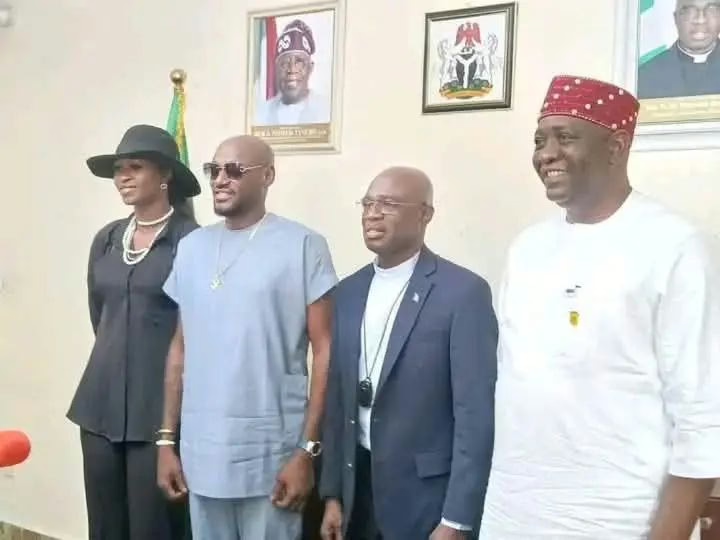
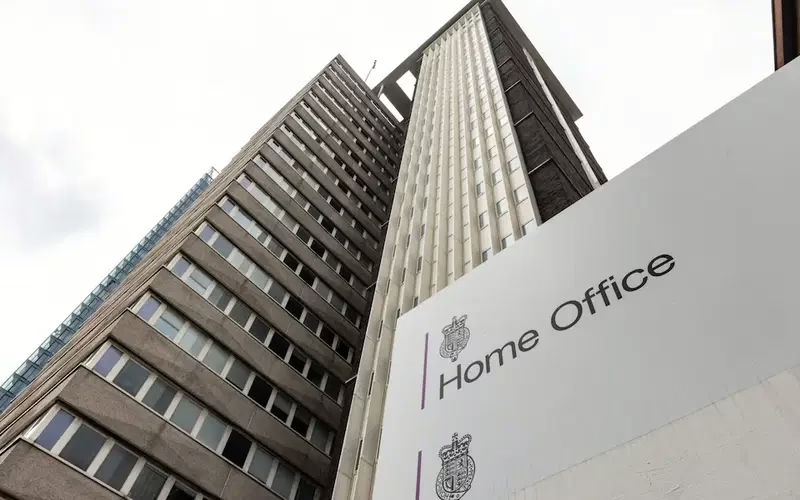

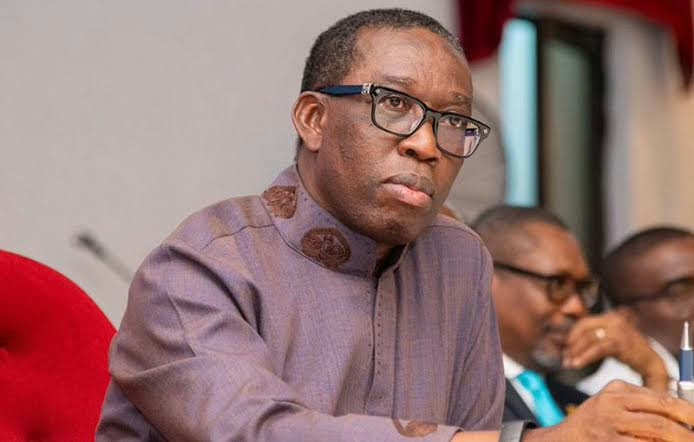
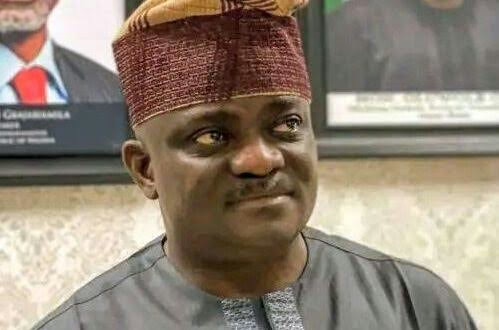
Leave a Reply